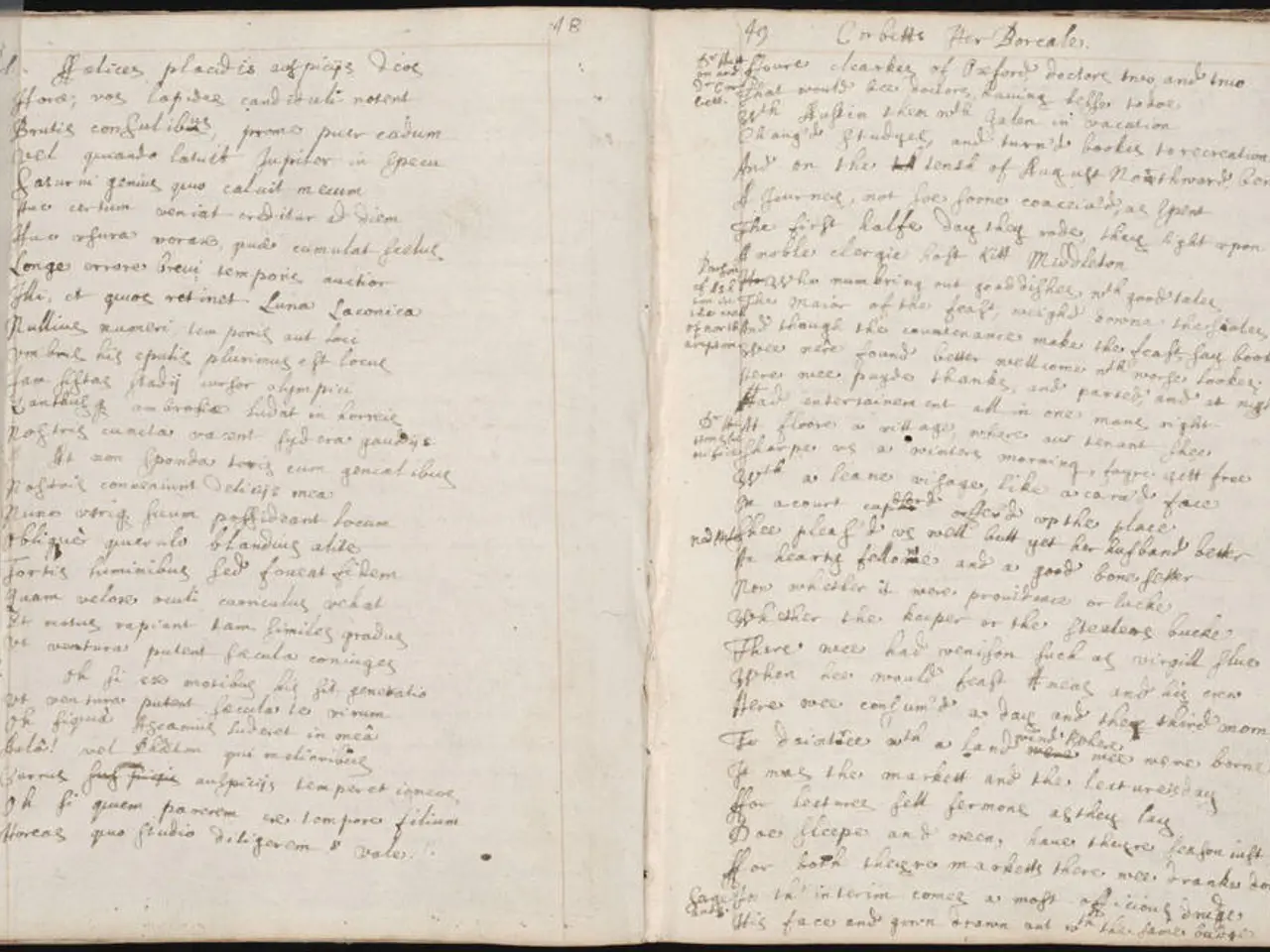Renowned theater director Claus Peymann, known for his politically charged productions, passes away.
Claus Peymann, a highly influential figure in the German theatrical world, has passed away at the age of 88 in Berlin. Known for his significant contributions and often controversial career, Peymann left an indelible mark on the European stage.
Peymann's career began in the 1960s when he took over as the chief director at the Theater am Turm (TAT) in Frankfurt. Here, he premiered groundbreaking works such as Peter Handke's "Offending the Audience" and "Kaspar," as well as Gerlind Reinshagen's "Doppelkopf."
In the 1970s, Peymann made a name for himself with his collaborations and founding roles. He premiered Thomas Bernhard's first play, "A Party for Boris," at the Hamburg Schauspielhaus, marking the beginning of a long-standing collaboration with Bernhard. Peymann also co-founded the Schaubühne at Hallesches Ufer in Berlin with Peter Stein, directing the premiere of Handke's "Ride Across Lake Constance."
Peymann's tenure at the Württemberg State Theaters in Stuttgart gained attention with classic productions like "The Robbers," "Käthchen of Heilbronn," "Faust I and II," and "Iphigenia." However, his career was marred by controversy when he collected donations for the dental treatment of RAF prisoners at the Stuttgart State Theater.
Peymann led the Schauspielhaus in Bochum from 1979 to 1986, turning it into one of Germany's best theaters under his direction. He then moved on to the Burgtheater in Vienna, where his tenure was marked by tumult, focusing on new Austrian plays and collaborations with international directors like Giorgio Strehler.
In 1999, Peymann returned to Berlin to serve as director of the Berliner Ensemble, where he concluded his career. His productions were often bold and provocative, sparking controversy and debate. Notable collaborations during his time at the Berliner Ensemble included those with Thomas Bernhard, Thomas Brasch, Botho Strauß, Peter Turrini, Peter Handke, George Tabori, and Elfriede Jelinek.
Peymann's political engagement often caused controversy, such as when he showed solidarity with Thomas Handke, who was criticized for his sympathy towards Serbia. He also intervened critically in Berlin's cultural policy, specifically in the involuntary departure of Frank Castorf as head of the Berliner Volksbühne and the failure of his successor Chris Dercon.
Despite his controversial actions, Peymann was a firm believer in the public nature of theater and believed a theater director should speak out. He considered himself a "remarkable monster that still upholds a certain ethics of the profession."
Peymann's career led him to the "proletarianly dark coal-mining theater Bochum" and the "substitute monarchy" of the Vienna Burgtheater. After his departure as director of the Berliner Ensemble, he returned to Stuttgart and Vienna for theater productions.
Peymann's legacy extends beyond the stage, as he engaged US director Robert Wilson and pop star Herbert Grönemeyer for acclaimed productions like the Goethe musical "Faust I and II." His work will continue to influence the German and European theatrical landscape for years to come.
[1] Krause, U. (2006). Claus Peymann. In E. Krause & U. Krause (Eds.), Deutsche Theaterlexikon (pp. 537-540). Verlag C.H. Beck. [2] Krause, U. (2016). Claus Peymann. In E. Krause & U. Krause (Eds.), Deutsche Theaterlexikon (pp. 537-540). Verlag C.H. Beck. [3] Rieger, A. (2017). Claus Peymann. In E. Krause & U. Krause (Eds.), Deutsche Theaterlexikon (pp. 537-540). Verlag C.H. Beck. [4] Rieger, A. (2016). Claus Peymann. In E. Krause & U. Krause (Eds.), Deutsche Theaterlexikon (pp. 537-540). Verlag C.H. Beck.
In the realm of German theatrical circles, Peymann's association with Austrian playwright Thomas Bernhard, known for their groundbreaking collaborations and premieres, brought a touch of entertainment and intrigue often associated with celebrities. Despite his political and controversial actions, Peymann's work and collaborations will continue to entertain and challenge artists in the German and European theatrical landscapes for years to come.








